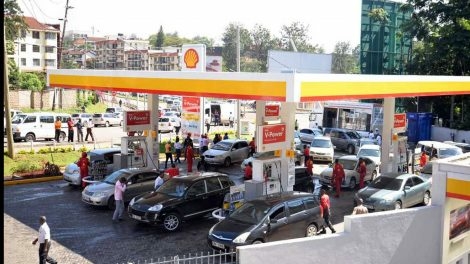The Government of Kenya has stated that it will pay subsidy arrears to petrol retailers this week to avert fuel shortages.
According to the principal secretary in the petroleum and mining industry, Andrew Kamau, the government owes the companies 13 billion shillings.
A spike in crude oil prices forced Kenya to subsidise retail prices like other frontier economies, like Nigeria.
In April 2021, it rolled out a subsidy policy to cushion consumers from the surge in the price of oil in international markets.
According to a report by Reuters, the country had paid 36 billion shillings ($313 million) on subsidising fuel so far to stabilise prices at the pump and control inflation.
In addition, President Uhuru Kenyatta signed a supplementary budget for this financial year on Monday, allocating a further 35 billion shillings to the fuel subsidy programme, his office said.
Kamau told Reuters that the latest jump in oil prices had caused cash flow problems at some smaller fuel retailers.
According to him, it has led to supply shortages, compounded by delays in subsidy payments to the companies by the government.
“This is an artificial shortage,” Kamau said.
Nigeria is gradually coming out of fuel scarcity caused by the importation of off-spec petroleum products.
In 2021, Nigeria paid N1.4 trillion (about $3 billion) for petrol subsidy.










Discussion about this post